June is National Indigenous History Month in Canada, an opportunity to learn about the unique cultures, traditions and experiences of First Nations, Inuit and Métis. It’s a time to honour the stories, achievements and resilience of Indigenous Peoples, who have lived on this land since time immemorial and whose presence continues to impact the evolving Canada.
2023 weekly themes
Each week will be dedicated to a different theme to highlight specific aspects of Indigenous history, cultures and perspectives. Explore learning resources on each theme:
- June 1 to 6: Women, girls and 2SLGBTQI+ people
- June 5 to 11: Environment, traditional knowledge and territory
- June 10 to 18: Children and youth
- June 19 to 25: Languages, cultures and arts
- June 26 to 30: Reconciliation
How to get involved
We encourage you to take some time in June to learn more about First Nations, Inuit and Métis as well as our collective past. Here are a few ideas of how you can get involved and show your support.
Discover stories, traditions and cultures
The best way to gain a deeper understanding of First Nations, Inuit and Métis experiences is through their own voices. Enjoy Indigenous storytelling by picking up a book, attending a show, watching a movie or listening to music from Indigenous artists.
For generations, many Indigenous communities have celebrated their culture on or near June 21, the summer solstice. Learn more About National Indigenous Peoples Day and how the tradition lives on.
Explore the past and honour the truth
Take the first steps on your educational journey:
- Learn about Inuit across Canada
- Learn about Métis across Canada
- Learn about First Nations across Canada
There is also the Reconciliation: A Starting Point app you can download on you smart device to learn about Indigenous Peoples in Canada, key historical events and reconciliation initiatives.
Visit the National Centre for Truth and Reconciliation Commission to learn more about the tragic legacy of residential schools, the experiences of families and Survivors as well as the 94 Calls to action to start the healing process.
Read documents from the National Inquiry on Missing and Murdered Indigenous Women and Girls and educate yourself about the impacts that colonialism and racism still have today on the lives of Indigenous women and girls as well as on their families and communities
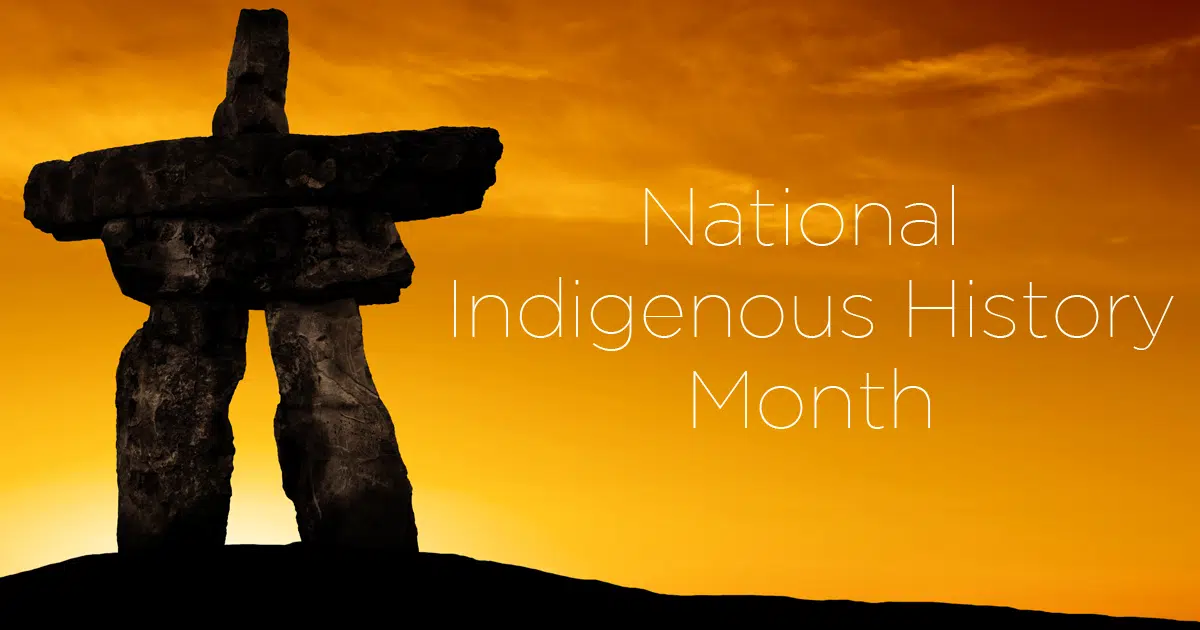









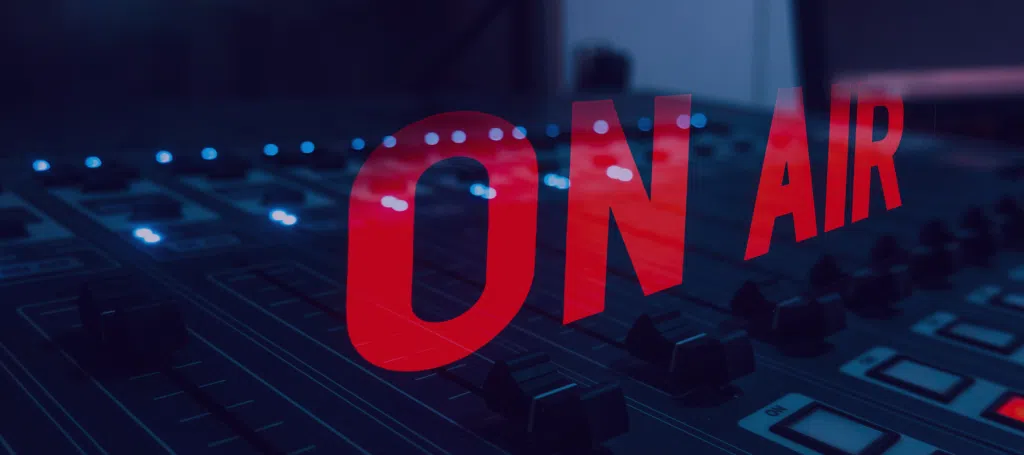



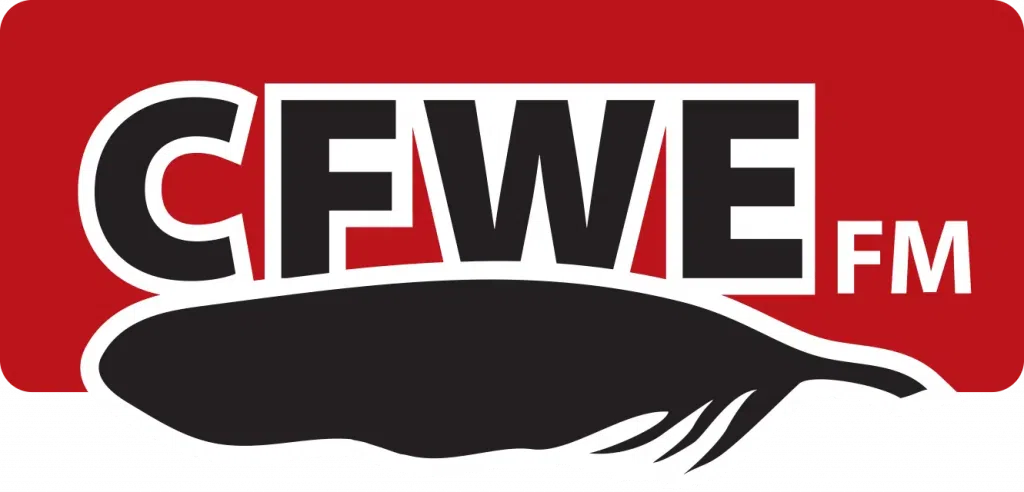
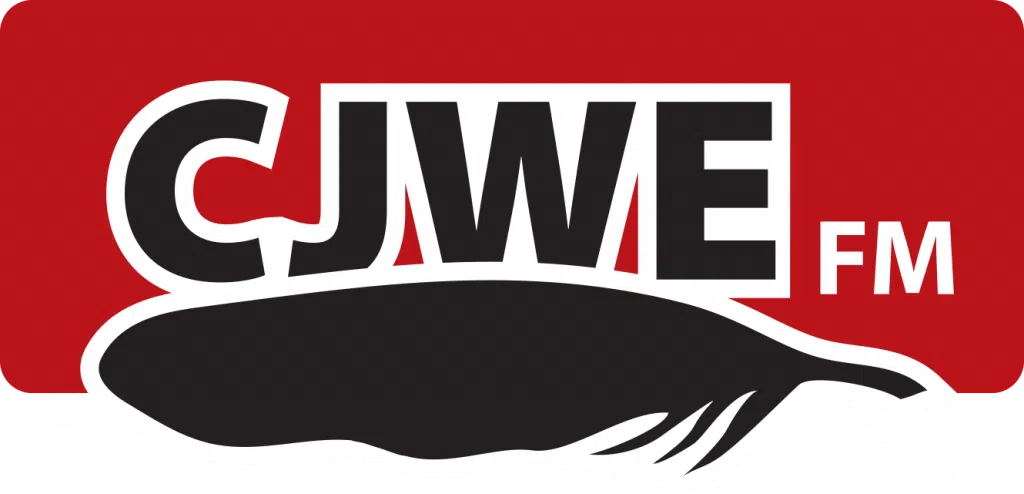
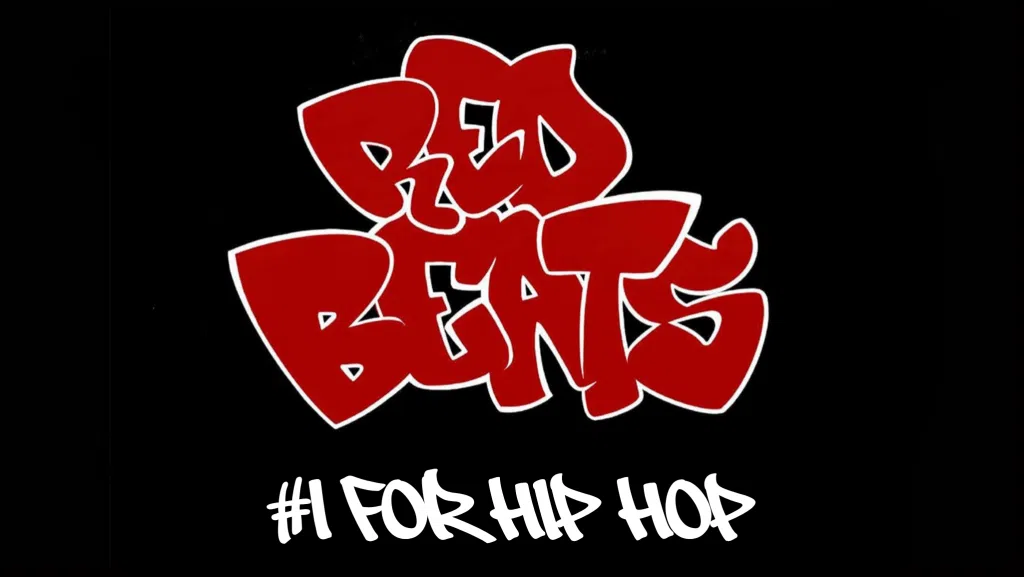
Comments